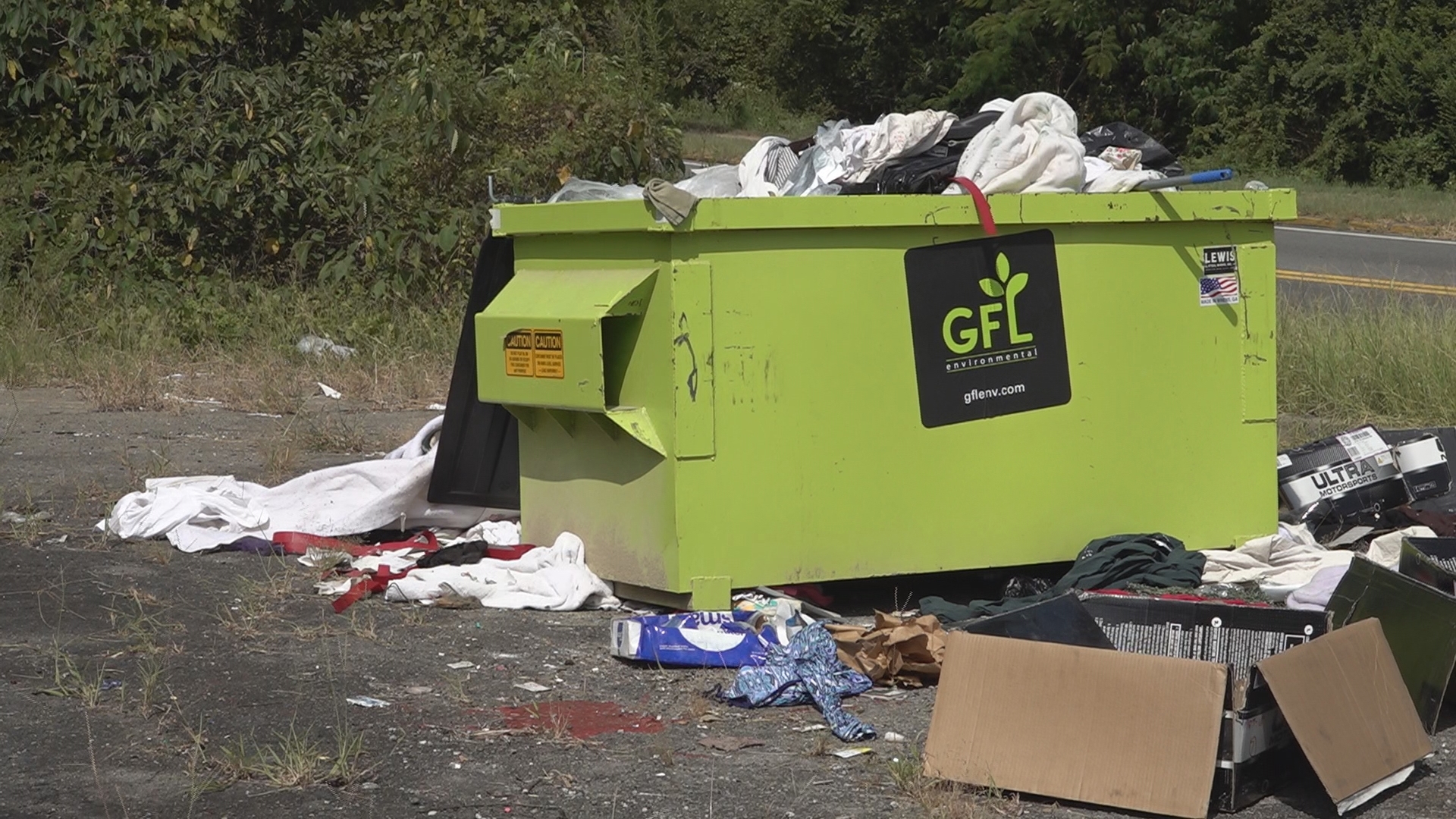WARNER ROBINS, Ga. — City leaders are taking a firm stance on blighted properties with a new tax aimed at holding property owners accountable for neglected and vacant homes.
The Warner Robins City Council passed the blight tax earlier this month, adding 10 mills to the property tax of homes that meet the city’s definition of blighted.
The decision to implement the tax came after city officials attended the Georgia Municipal Association’s biannual conference, where they learned about similar efforts by other municipalities. Councilman Clifford Holmes, who represents Warner Robins’ 5th District, said the tax was inspired by the success stories shared at the conference.
“The mayor and I listened to the success they were having on these out-of-town landlords and landlords who did not take care of the property, thus bringing about blight within the community,” Holmes said. “I said 'We need to do this.'”
To be officially designated as blighted, a property must undergo a formal process outlined in Section 16-8 of the city’s code. This includes a request by a public officer or five residents, an inspection by a certified public officer, and a written report submitted to city officials.
If a property is found to be in violation, the owner is given 30 days to make improvements or file a letter to speak with a judge. If they fail to comply, the additional tax will be added to their bill.
Holmes said the new measure is not just about generating revenue but improving the quality of life for residents. However, some have raised concerns about the tax targeting low-income areas.
Holmes pointed out that resources like Keep Warner Robins Beautiful and Rebuilding Warner Robins are available to help struggling homeowners. Rebuilding Warner Robins, led by Jerome Stevens, receives funding from the city and provides assistance to selected homeowners for necessary repairs.
“My thought would be to put the money back into code enforcement, to help with the equipment, to help possibly employ other employees,” Holmes said.
The council is hopeful that the tax will encourage property owners to clean up neglected properties and enhance the city’s appearance.

